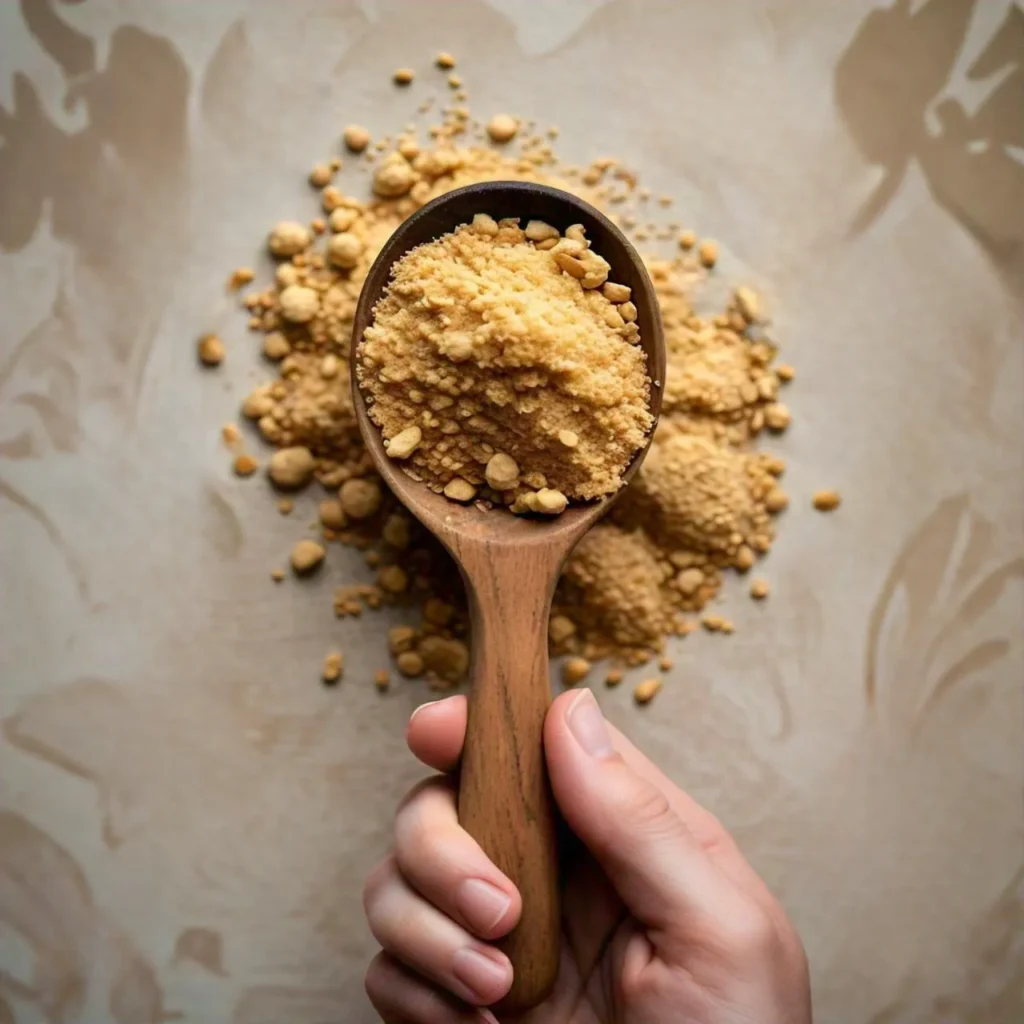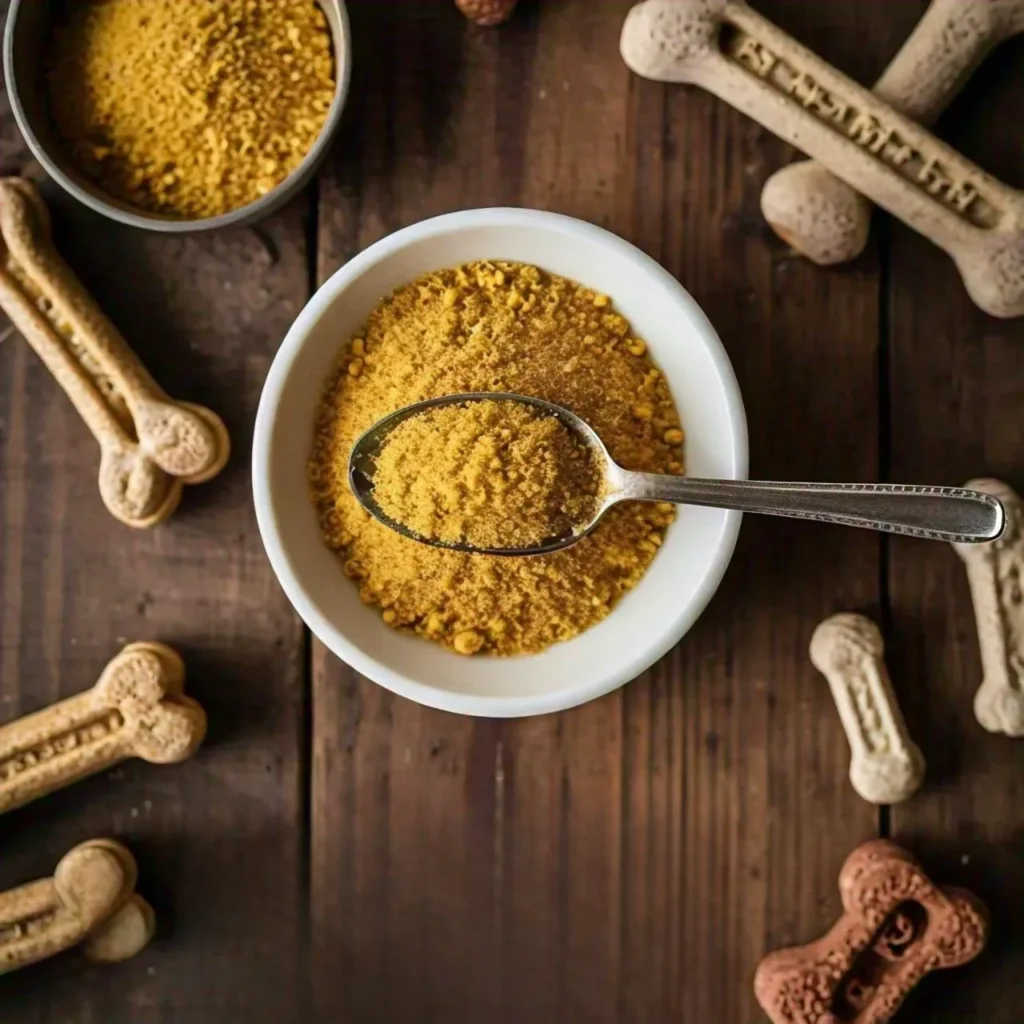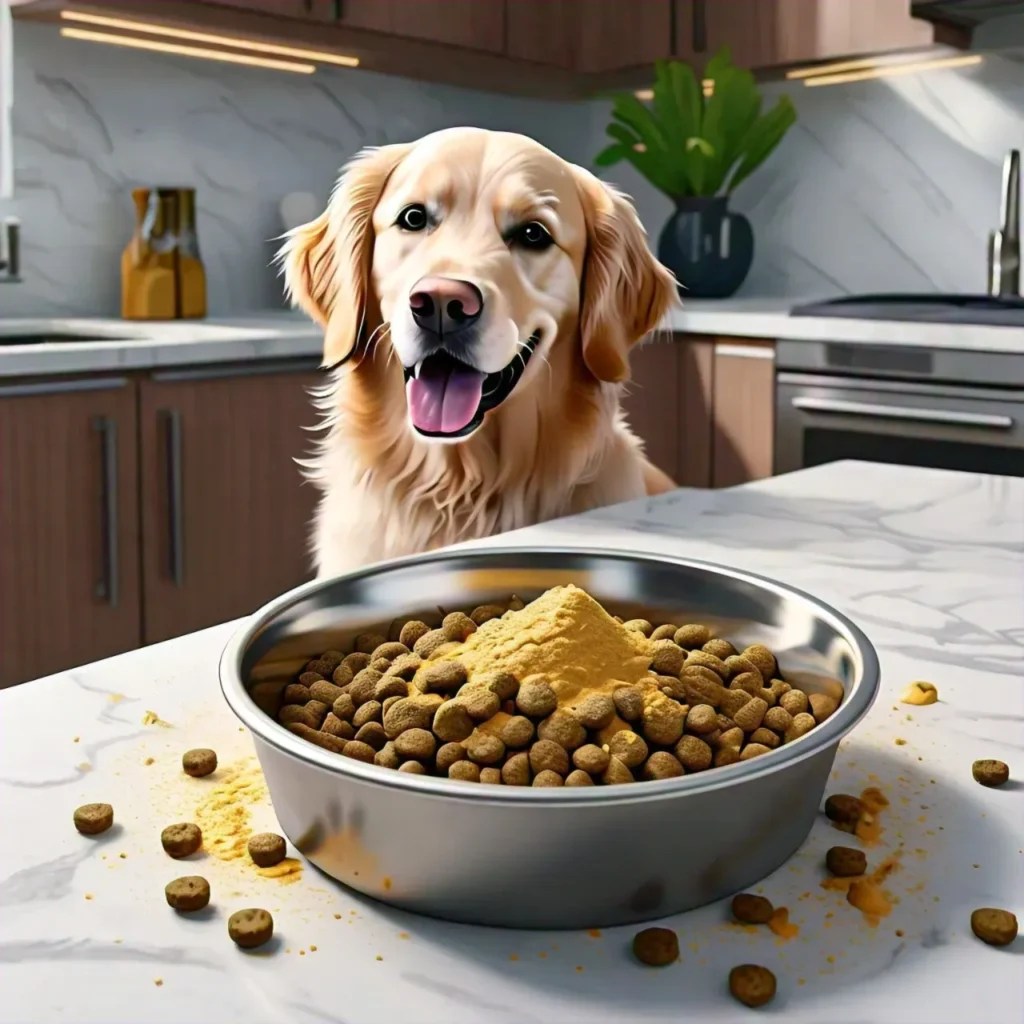As a dog owner, you’re probably always on the lookout for ways to boost your furry friend’s health and nutrition. Nutritional yeast, known for its savory, cheesy flavor and high vitamin content, has gained popularity among health-conscious individuals. But can this human supplement benefit dogs too? In this article, we’ll dive deep into whether dogs can eat nutritional yeast, its potential benefits, any risks involved, and how to safely incorporate it into your pet’s diet.
What is Nutritional Yeast?
Nutritional yeast is a deactivated strain of yeast, often used in vegan and vegetarian diets as a cheese substitute. It’s packed with nutrients like protein, B vitamins (especially B12), and minerals such as zinc and selenium. Its nutty and cheesy flavor makes it a popular choice for adding flavor to dishes like popcorn, salads, and soups.
But what about dogs? Could this tasty human supplement offer any benefits for our canine companions?
Is Nutritional Yeast Safe for Dogs?
Yes, nutritional yeast is generally safe for dogs in moderate amounts. Many dog owners and holistic veterinarians actually recommend it as a dietary supplement. However, it’s important to differentiate between nutritional yeast and brewer’s yeast, which is more commonly found in dog-specific supplements. While both are strains of Saccharomyces cerevisiae, nutritional yeast is typically fortified with additional vitamins, especially B vitamins, which can be highly beneficial to dogs.
That said, like any new supplement, it’s essential to introduce it slowly into your dog’s diet and monitor for any adverse reactions.
The Benefits of Nutritional Yeast for Dogs

1. Rich Source of B Vitamins
Nutritional yeast is a powerhouse of B vitamins, which are crucial for energy metabolism, healthy skin, and a well-functioning nervous system. For example, vitamin B12 is essential for red blood cell production and maintaining healthy nerve cells. Dogs, like humans, require these vitamins, especially for energy and brain function.
When I started adding nutritional yeast to my dog’s diet, I noticed a positive change in his energy levels within a few weeks. His coat also became shinier, which is likely due to the biotin (vitamin B7) content in the yeast. These results aren’t unique – many pet owners have reported similar outcomes.
2. Immune System Boost
Nutritional yeast contains beta-glucans, compounds known for their immune-boosting properties. These can help your dog’s body fight off infections and improve overall health. A strong immune system is essential for keeping your dog healthy and resilient against common illnesses.
3. Supports Healthy Skin and Coat
The high biotin content in nutritional yeast is particularly beneficial for maintaining your dog’s skin and coat. Biotin supports hair growth and helps with dry skin issues. If your dog is prone to skin irritations or has a dull coat, introducing nutritional yeast could make a noticeable difference over time.
4. May Help Repel Fleas
Interestingly, some pet owners claim that nutritional yeast can help repel fleas. While there is limited scientific evidence to support this, many dog owners report fewer flea problems when they regularly add nutritional yeast to their pet’s food. The theory is that the B vitamins alter the scent of the dog’s skin, making it less attractive to fleas.
Potential Risks and Considerations
While nutritional yeast can be beneficial, there are a few considerations to keep in mind:
1. Overconsumption
Nutritional yeast should be given in moderation. Overfeeding can lead to an upset stomach, diarrhea, or bloating in some dogs. Stick to the recommended dosage, usually around 1 teaspoon per day for small dogs and up to 1 tablespoon per day for larger breeds. If your dog shows any signs of discomfort, reduce the amount or discontinue use altogether.
2. Allergies
Just like humans, some dogs can be allergic to certain foods or supplements. While allergies to nutritional yeast are rare, it’s important to monitor your dog for any unusual symptoms such as itching, swelling, or digestive upset after introducing it. If any of these occur, consult your vet.
3. Salt Content
Be cautious of nutritional yeast products that contain added salt or preservatives. Salt can be harmful to dogs in large amounts, leading to dehydration or sodium ion poisoning. Always choose a pure, unsalted form of nutritional yeast for your pet.
How to Introduce Nutritional Yeast to Your Dog’s Diet
If you decide to try nutritional yeast, start with small amounts. Begin by sprinkling a pinch over your dog’s food and gradually increase the dosage over a week or two, keeping an eye on their reaction.

Here’s a simple guideline for dosage:
- Small dogs (under 20 lbs): ¼ to ½ teaspoon daily
- Medium dogs (20-50 lbs): ½ to 1 teaspoon daily
- Large dogs (over 50 lbs): 1 to 1 ½ teaspoons daily
Mix it well with their kibble or wet food. You can also use nutritional yeast as a treat topper or mix it into homemade dog treats for an extra boost of flavor and nutrition. My dog absolutely loves the cheesy taste, so it’s been easy to incorporate into his meals.
When to Avoid Nutritional Yeast
While nutritional yeast is generally safe, there are certain situations where it’s best avoided:
- If your dog has kidney issues: Nutritional yeast contains purines, which are broken down into uric acid. For dogs with pre-existing kidney conditions, this could put unnecessary strain on their kidneys.
- If your dog is on a low-protein diet: Nutritional yeast is high in protein, so it may not be suitable for dogs with certain medical conditions that require protein restriction.
Always consult your vet before introducing any new supplements to your dog’s diet, especially if they have health concerns.
Conclusion: Can Dogs Eat Nutritional Yeast?
In summary, yes – dogs can eat nutritional yeast, and it can offer several health benefits when given in moderation. It’s rich in B vitamins, supports the immune system, promotes a healthy skin and coat, and might even help repel fleas. However, it’s essential to introduce it slowly and in controlled amounts to avoid any adverse reactions.
Every dog is different, so be mindful of your pet’s individual needs and consult your vet before adding nutritional yeast to their diet. When used correctly, this superfood supplement can be a delicious and nutritious addition to your dog’s meals.
Have you tried giving your dog nutritional yeast? What was your experience? Share in the comments below!
